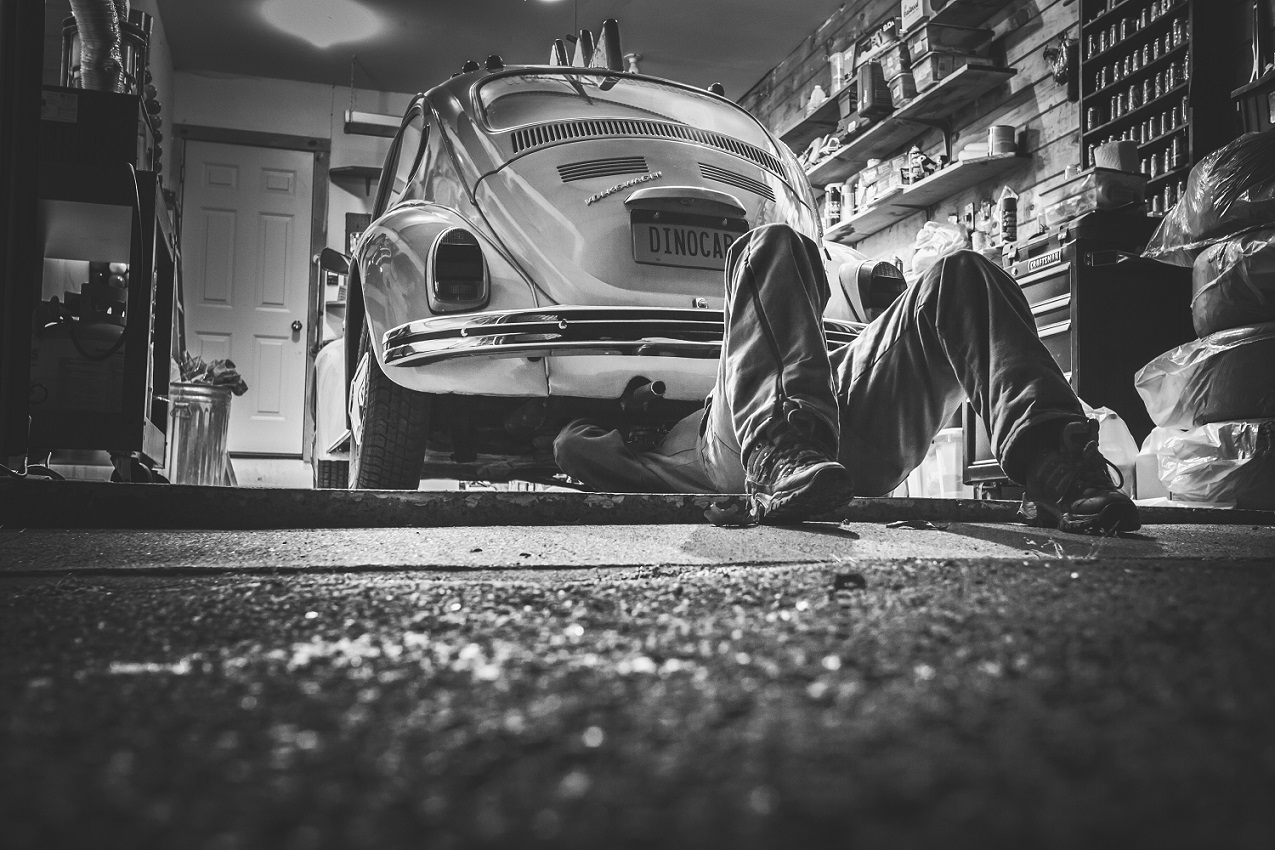
Research has shown that three out of four times people buy cars, they buy used over new. It's never been more important to know what you are getting yourself into when buying a car and the only way to do that is to check for specific things before finalizing the sale. Below are some of the important things to check when buying a used car:
1. Take it for a ride to check the condition of the vehicle.
When you are driving it, check for essential components like accelerator, brakes, if the car drive straight, etc. You also need to keep quiet and turn off the radio to ensure that the car is sounding very well however; this does not means that the car is running perfectly. Just listen for things that is not normal – whining, scraping, clunks, etc. if you hear such, investigate the problem because it might be something simple or bad.
2. Besides the road test, it is crucial to inspect the vehicle visually.
Don’t panic about going under the vehicle, check the level of fluid and if there are any other problems, you know this is an investment and should be a good one. Also check for bodywork damages, rust, oil leaks, tire condition and more. Enlist them and go over them when looking at the vehicle.
3. Check the odometer -
On an average, a driver will drive 12,000 to 15,000 miles every year. Higher average miles indicate most of the diving was done on the highway which is usually less stressful to the car compared to city driving.
4. Body: Check if the body panels are of the same color, and free from rust and other imperfections. Also check if the seams in between the panels are aligned properly. Body works indicates that the vehicle has previously had accident. You can likewise run a magnet over the outer part to find out if there are no plastic replacements.
5. Windshields: Check for any cracks and impacts and make sure that the window roll up and down without leaving any gaps.
6. Lights: Test all the brake lights, headlights, hazard light and turn signals.
7. Fluids: Look under the car for any leaks, check the oil and coolant levels and ask for the oil change history of the vehicle.
8. Engine: Listen to the sound of the engine, knocking and chugging means that the engine is out of tune. Smoothly running engine shouldn’t produce any odors.
9. Suspension: There should be no squeaking when you push down on each corner of the car. The resistance should be the same at all the corners and the car should rest on the same level.
10. Brakes: Check if the car stops smoothly without pulling toward one side or the other and if the brakes do not squeak or chatter. Stop on a sloppy area and check if the parking brakes work perfectly.
However, it is good to research about the product you want to buy, the idea of the pricing and many more. With these steps, you will be able to make a great investment and also have a lovely experience buying a used car.
